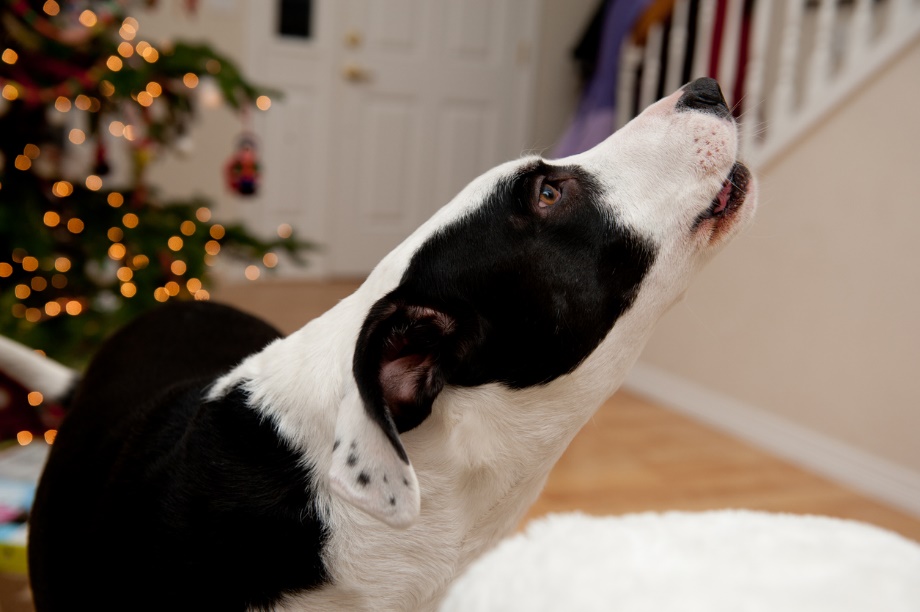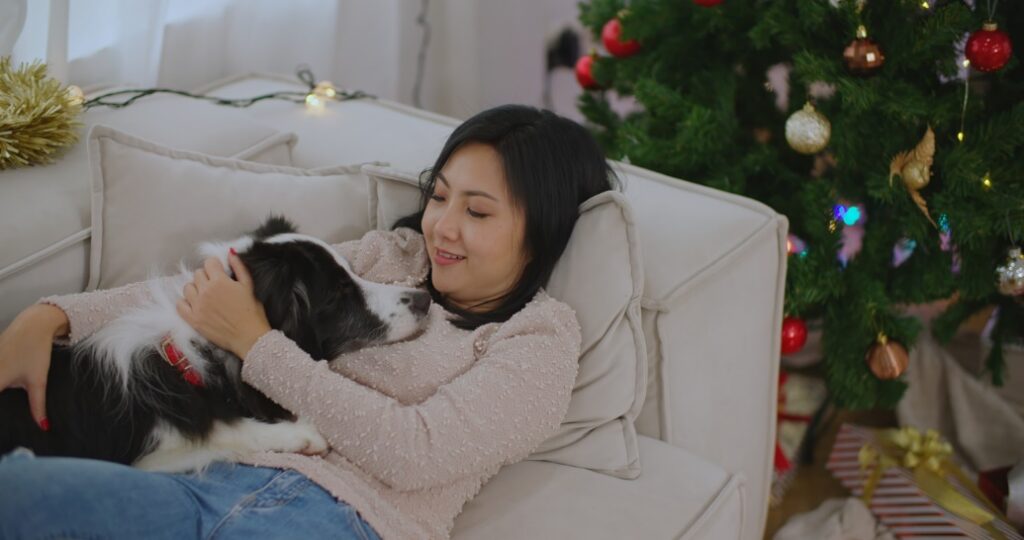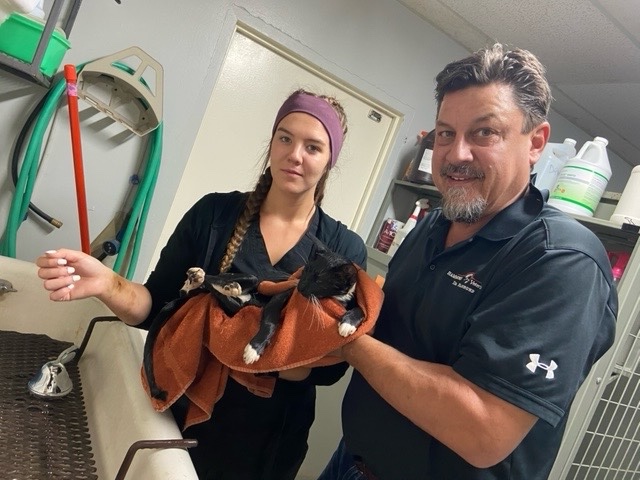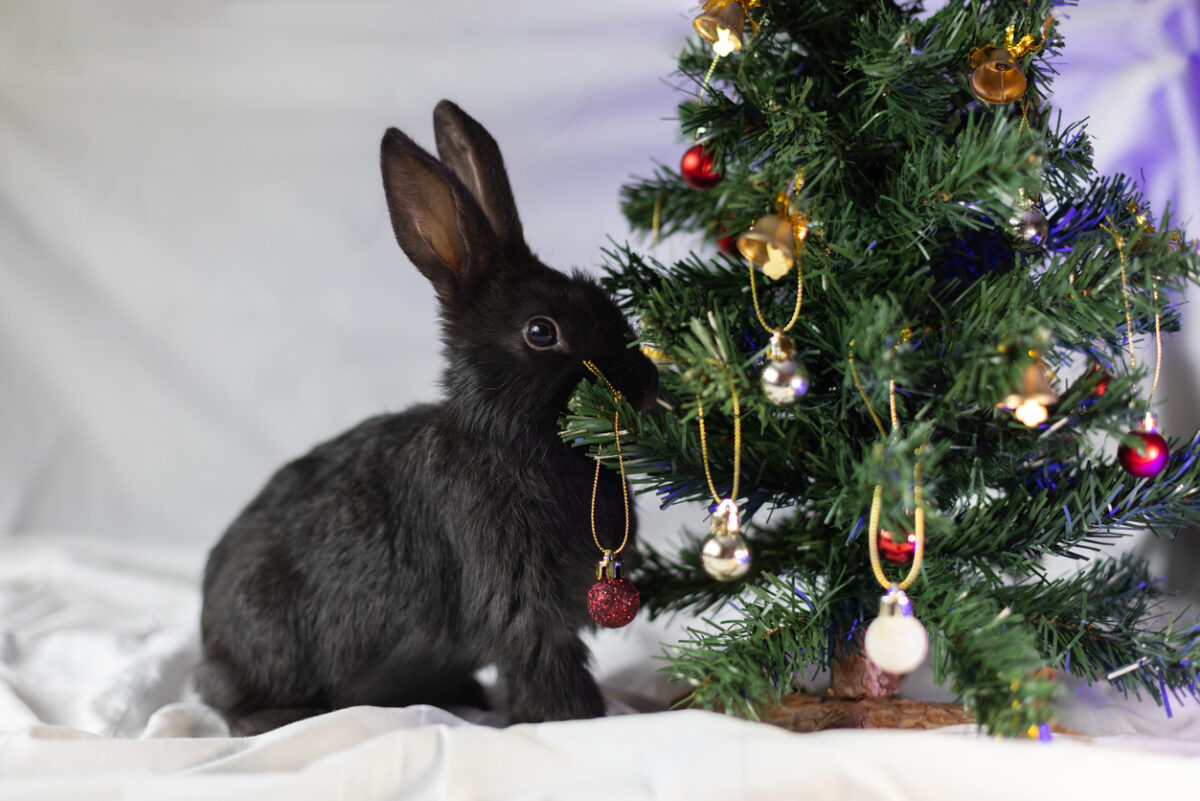The holiday season can be a magical time, but it may also bring stress and anxiety to pets. With changes in routines, unfamiliar visitors, and festive parties, pets—whether furry, feathered, or scaled—can struggle to adapt. Understanding their stressors and providing support can help keep everyone’s holidays merry and bright.
Why Do Pets Get Stressed During the Holidays?
Pets thrive on routine and familiarity. Decorating your home, hosting guests, or leaving for a holiday trip can disrupt their sense of stability. Here are some of the most common stress triggers for pets during the holidays:
- Changes in the Environment: A Christmas tree, twinkling lights, and new scents may be fascinating for some pets but overwhelming for others. Moving their enclosure’s location or temperature fluctuations can cause stress for exotic pets, such as reptiles or birds.
- Unfamiliar Guests: Unfamiliar faces and scents over the holidays can be unsettling. Increased noise and activity can amplify stress, especially for pets like cats, rabbits, or guinea pigs that prefer quieter environments.
- Separation Anxiety: Leaving pets behind while traveling can lead to feelings of loneliness and anxiety. Exotic pets like birds or small mammals may be particularly sensitive to changes in their caregiving routine.
Recognizing Stress in Pets During the Holidays

While some pets may adapt easily, others can struggle with the holiday changes and disruptions, leading to noticeable changes in their behavior or health. Understanding how your pet might react to holiday stress is the first step in keeping them calm and comfortable. Common stress reactions include:
Behavioral Changes
- Hiding or Avoidance: Pets may retreat and hide to avoid the commotion.
- Increased Vocalization: Dogs may bark excessively, and cats might meow or yowl more often.
- Destructive Behavior: Chewing furniture, scratching surfaces, or digging may occur, especially if you leave them unsupervised and they become bored.
- Hyperactivity: Pets may become overly excited, running around, or engaging in frantic behaviors.
Physical Symptoms
- Loss of Appetite: Stress can lead to reduced eating or picky eating.
- Digestive Issues: Vomiting, diarrhea, or constipation may arise due to anxiety.
- Increased Shedding: Cats and dogs often shed more when they are stressed.
- Excessive Grooming or Scratching: Stress can trigger over-grooming in cats or dogs, leading to hair loss or skin irritation.
Aggression or Fearfulness
- Growling or Hissing: Pets may display aggressive behaviors when they feel threatened by new people or situations.
- Fearful Body Language: Cowering, tail tucking, or flattened ears are common signs of fear or anxiety.
- Defensive Actions: Biting, snapping, or swatting may occur, particularly in pets that feel cornered or overwhelmed.
Changes in Litter Box or House-Training Habits
- Inappropriate Elimination: Cats might urinate outside their litter box, and house-trained dogs may have accidents indoors.
- Spraying or Marking: Cats or dogs may mark territory to cope with environmental changes.
Clinginess or Separation Anxiety
- Excessive Attention-Seeking: Pets might follow you everywhere or constantly demand attention.
- Whining or Pacing: Dogs often whine, pace, or display restless behaviors when anxious about being left alone.
Unusual Behaviors in Exotic Pets
- Reptiles: May become lethargic or refuse food if their environment changes too much.
- Birds: Can start plucking feathers, vocalizing excessively, or hiding in their cage.
- Small Mammals: Rabbits or guinea pigs might thump their feet, hide more often, or stop eating.
Recognizing these signs early can help you take steps to manage your pet’s stress and create a calmer environment during the holidays.
Minimize Holiday Stress for Your Pet

Pets are not “misbehaving” to spite you—they are reacting to stress. Punishment can worsen their anxiety. Instead, focus on positive steps to avoid stress in pets and keep them calm and comfortable.
Stick to Their Routine
Pets thrive on consistency. Stick to their usual feeding, sleeping, and exercise schedules. For instance, if you walk your dog in the morning or clean your rabbit’s enclosure every evening, keep these routines intact, even on busy days.
Prioritize Attention and Affection
Amid holiday errands and events, do not forget your pet. Set aside time for snuggles, grooming, or simple companionship. For reptiles or fish, this might mean spending time observing and appreciating their behaviors. These small acts of attention can strengthen your bond and reassure your pet.
Keep Them Active with Play and Exercise
Active pets are less likely to act out due to boredom. Offer a dog a new chew toy, a climbing perch for your cat, or an engaging puzzle feeder for your bird; interactive play helps channel their energy. Exotic pets like hamsters or lizards can benefit from enriching activities tailored to their needs, such as exploring a new tunnel or basking under adjusted lighting.
Use Calming Tools, Including Music
Calming music designed for pets can create a soothing atmosphere during periods of stress. Platforms like YouTube or pet-specific apps offer music for dogs, cats, birds, rabbits, and even reptiles. Consider pairing music with calming aids, such as pheromone sprays or diffusers.
Enlist Help When Needed
If your holiday schedule feels overwhelming, do not hesitate to ask for help. A trusted friend, family member, or pet sitter can provide care and companionship. Ensure they understand your pet’s needs, including feeding schedules, medications, and behavioral quirks. Exotic pets may require special instructions, like maintaining consistent humidity levels for reptiles or proper handling techniques for birds.
Create a Safe Space
Designate a quiet, comfortable space where your pet can retreat when things get hectic. A cozy corner with familiar bedding and toys can provide comfort for cats or small mammals. For birds, a covered cage in a quieter room can reduce stress. Make sure these spaces are free from holiday hazards like tinsel, breakable ornaments, or electrical cords.
When to Consult Your Veterinarian

If your pet begins to exhibit unusual behaviors, such as changes in appetite, inappropriate elimination, excessive grooming, or aggression, it is essential to schedule a visit with your veterinarian. While these behaviors can be due to stress, they may also indicate an underlying health issue that requires attention.
For example:
- Dogs and Cats: A cat urinating outside the litter box could indicate anxiety, but it might also indicate a urinary tract infection. Similarly, a dog could display excessive panting or restlessness due to stress, but excessive panting or restlessness may result from physical pain or another medical issue.
- Exotic Pets: Holiday noise and unfamiliar visitors could cause a bird to pluck out its feathers, but this behavior could also indicate a nutritional deficiency or a skin condition. Similarly, a reptile refusing food could be a stress reaction, but it might also be dealing with a digestive issue or parasitic infection.
Dr. Hammond can thoroughly examine your pet to rule out physical ailments and advise how to best support your pet during the holidays. Early detection and treatment of health issues improve your pet’s well-being and help you avoid further complications.
Wishing You and Your Pets a Happy, Stress-Free Holiday
The holidays are a time for love, joy, and togetherness—including your furry, feathered, and scaled family members! By recognizing your pet’s needs and taking steps to reduce their stress, you can make the season as magical for them as it is for you.
From all of us at Hammond Veterinary Hospital, we wish you and your pets a happy, calm, and stress-free holiday season filled with snuggles, playtime, and warm memories. Cheers to a paw-some holiday!
Dr. Hammond and Team

